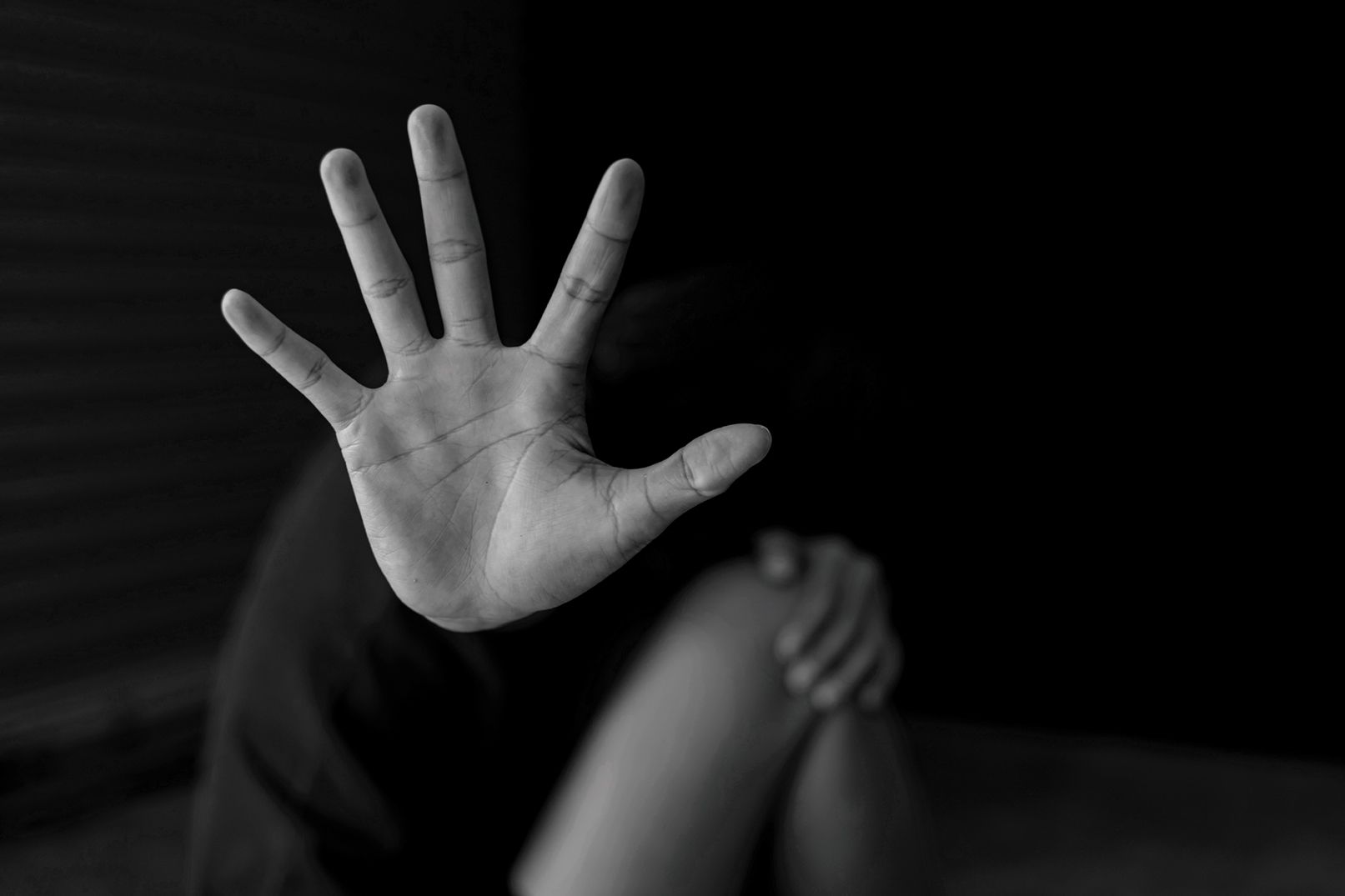Every year, April 1st is a sad day for many fans, because on April 1st, 2003, Leslie Cheung, suffering from depression, jumped from the Mandarin Oriental Hotel in Central and ended his life.
To diagnose and treat depression, anxiety, panic disorder, social anxiety disorder, insomnia, obsessive-compulsive disorder, hypochondriasis/somatization disorder/health anxiety, bipolar disorder (mood disorder), bulimia nervosa, Adult ADHD and other common mental illnesses have rich clinical experience and experience in diagnosis and treatment. Is there an increase in depression?
Are there more people suffering from depression?
The answer is yes. Studies have shown that the prevalence of depression is gradually increasing. Published research articles online based on "The Lancet · Psychiatry". The results show that the proportion of patients who have had depression in their lifetime is 6.8% of the total population. Compared with the results of previous studies, it is found that the prevalence of depression is generally on the rise.
What is depression? What does it do?
Depression is one of the most common psychological (mental) disorders. It refers to a type of mood disorder that is mainly manifested by a significant and lasting depression caused by various reasons. Clinically, the main manifestations are depression, unhappiness, and the severity of depression is not commensurate with the situation. It can range from gloomy to grief. Many patients have obvious anxiety and motor agitation.
Some severe patients may appear pessimistic and world-weary, and may have suicide attempts or behaviors. The lighter people often think about death-related content, or feel that life is boring and boring; for the second time, life is worse than death, hoping to die without pain; after that, they will actively seek suicide methods and repeatedly seek suicide. Depression patients will eventually die by suicide in 10%-15%.
A single episode of depression lasts for at least 2 weeks, often protracted and repeated episodes. In addition to the body, the impact of depression on people involves many aspects such as thinking, feeling, and behavior.
How to treat depression?
The current main methods of treating depression are medication and psychotherapy. Antidepressant drugs can effectively relieve the depressive mood and the accompanying anxiety, tension and physical symptoms, and the effective rate is about 60%-80%. As a highly recurring disease, depressive episodes are currently advocated for full treatment, which is divided into three phases: acute treatment, consolidation treatment and maintenance treatment. For a single episode of depression, 50%-85% will have a second episode, so maintenance treatment is often required to prevent recurrence.
Some misunderstandings about depression treatment
Do I need medication as long as I suffer from depression? The answer is no. Mild depression can also be cured through psychotherapy. But if you suffer from moderate to severe depression, you need to receive medication as soon as possible. Many patients have some misunderstandings when taking medicine.
Misunderstanding 1
Antidepressants can become addictive
In the use of antidepressant drugs, a common misunderstanding of patients is that they will become addicted after taking antidepressants. In fact, antidepressants are not addictive. Some patients experienced some discomfort after drug reduction and drug withdrawal, because of insufficient treatment, drug reduction, recurrence of symptoms after drug withdrawal, or improper drug reduction method. Therefore, drug reduction and drug withdrawal must be carried out under the guidance of professionals.
Misunderstanding 2
It will be effective immediately after taking the antidepressant
Unlike most drugs, antidepressants do not have immediate effects. In most cases, side effects such as nausea and gastrointestinal discomfort will appear first, and then the antidepressant effect will gradually start to develop. In theory, antidepressants generally start to work in 2-4 weeks. If there is no significant improvement in depression symptoms 2-4 weeks after taking it, the dose can be appropriately increased or the drug can be changed.
Misunderstanding 3
The medication can be stopped after the symptoms are relieved
Many patients have taken the medicine for 2-4 weeks, and feel that the disease should be healed soon, so they stop the medicine by themselves. At this time, almost most of the patients' symptoms will repeat. Just in the process of getting better, the drug must not be stopped at this time. Pay attention to the appropriate time period to reduce the drug and stop the drug. It is best not to stop the drug when there is a possibility of major changes in life and work conditions.
Misunderstanding 4
Antidepressants contain hormones and have side effects
Dependence, let yourself gain weight
Some patients are scared when they hear that the doctor prescribes antidepressant drugs. They quickly asked the doctor if the drugs you prescribe contain hormones, have side effects, and can become dependent and make themselves fat. In fact, these concepts are all wrong. Antidepressants are not hormones and do not produce dependence. There may be some symptoms of dry mouth, dizziness, palpitation and gastrointestinal discomfort at the beginning of the medication. Generally, it is good to adapt within one or two weeks of taking the medication.
Misunderstanding 5
Taking antidepressants can make the patient's brain slow
Many patients mistakenly believe that taking antidepressants will make their brains dull and stupid. In fact, one symptom of depression is that the brain's thinking becomes slow and inflexible. Therefore, if depression is not treated in time, it will make the patient feel dumb and slow down the brain. After taking antidepressants, the patient's brain will return to normal.
Hope health.


No comments:
Post a Comment